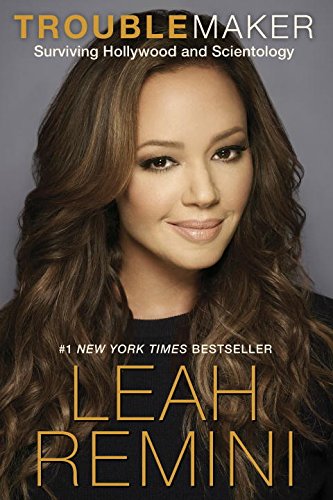Having been a dedicated Emily Giffin reader since her first book, Something Borrowed, I anxiously awaited the arrival of her new one, First Comes Love. Despite reading it in only a few days, I was sorely disappointed in this one.
First Comes Love follows the Garland family after the loss of their eldest son, Daniel. This is not a giveaway since you learn about his death in the first chapter. The book primarily focuses on his two younger sisters, Josie and Meredith, and how they sort through their lives after he’s gone. While the book starts with a flashback to his death, the story is set fifteen years afterwards.
The problems with this book are numerous. First, neither Josie nor Meredith is particularly likable. Josie is a former theater actor turned high maintenance lawyer who hates her job and her life, for the most part, even though it is one to be envied. And this is not a case of deep seated clinical depression gone untreated. She’s just dissatisfied and ventures out to determine why.
Josie is a self-centered elementary school teacher wallowing over failed relationships and the fact that she is fast approaching forty with no baby of her own. So, taking matters into her own hands, she begins investigating insemination despite sorely lacking maturity to be a mother.
While Giffin usually excels at character development and ferreting out the good in her otherwise flawed characters, in this book, the development feels hurried and shallow. Even as she tries to have Josie and Meredith become more self-aware and less rigid respectively, she does so with such quick strokes it isn’t believable.
Also, though many of Giffin’s books have some things left unresolved at the end, in this one, it feels as though she just got tired of writing. She tries to wrap up major life issues for the characters with a few short chapters and it simply doesn’t ring true. If her intent was to leave it open for a sequel, she failed to present an Act I worthy of warranting an Act II.
To me, the book felt as though Giffin was under the gun to get something out. She may have accomplished her goal but she gave us a book that falls well short of the standard we have come to expect.
Published: 2016
Publisher: Ballantine Books
Elizabeth's rating: 2 stars







